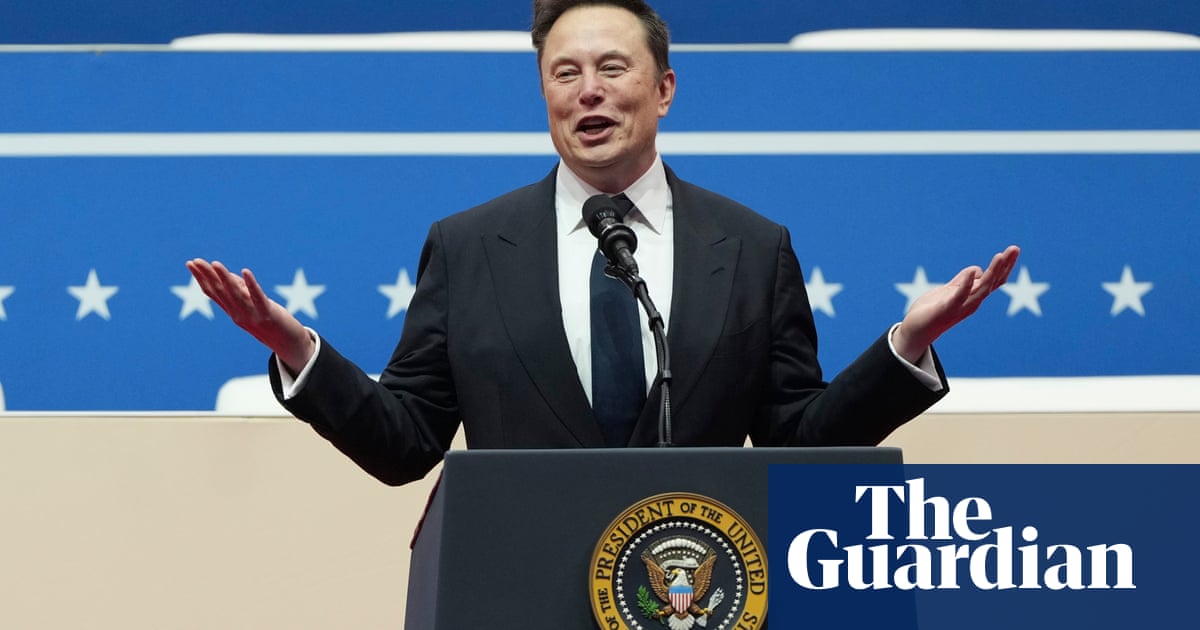It’s not as if national anthems are the only way of telling that many pro sports leagues straddle the border between Canada and the US. The line can’t be ignored. There’s an exchange rate, for one thing, as well as different tax rates. There are cultural differences, too, if slight, but present enough that in some cases, pro players eschew Canadian teams in favour of American ones (it’s rarely the other way around). The border is always there. Still, on any given game day, it could be ignored. It could just be about the sport. If it weren’t for the anthems.
To be clear, they don’t always play both anthems, except in places like Buffalo, where hockey fans listen to O Canada even when the city’s NHL team, the Sabres, are facing another American team. Generally, it’s only if a US team are facing a Canadian team that they play both anthems. And you have to stand there and listen. And you are meant to reflect, not on the team you’ve come to watch, but on that other one, Canada and the United States. That’s where the trouble starts.
Because when one of your neighbours announces, with specious reasoning, says that they’ll start charging a 25% tariff on the goods you send over that border, and you have to stand in that arena, hat in hand or over heart, and sing their song, it gets tricky to see the point of it all. This is why, as America’s tariffs loomed in sight over the weekend, Canadian sports fans in Ottawa, Vancouver, Calgary, and Toronto decided that they’d rather boo the US anthem than just stand silently as it was projected heartily through the loudspeakers during the pre-game. They had come to watch NBA and NHL games and were suddenly reminded of the world beyond the rink, of the trouble brewing beyond the court. The invisible line suddenly came into view.
It’s not the first time this has happened, of course – the booing, that is. The two anthems have been sung prior to pro sports games for decades; they began as a gesture of solidarity for the troops fighting alongside one another overseas during the second world war. Eventually, the practice was codified and the anthems became a fixture. It was meant to be – and still often is – a sign of an enduring friendship between neighbours. But no friendship is perfect, and interrupting or otherwise denigrating the anthem became nearly as ritualized as the singing itself.
For example, back in March 2003, as the US began its invasion of Iraq (without Canada, who declined on the grounds that the move wasn’t sanctioned by the UN), the Montreal Canadiens hosted the New York Islanders. About 200,000 people had marched through Montreal earlier that day to protest against the invasion, so perhaps it’s not surprising that an arena announcement asking that fans “support and respect the nations represented,” was ignored. As the Star-Spangled Banner began, so did the boos. “I don’t think a sporting event is the place to do it – to boo a sacred song that deserves a lot of respect,” the Islanders’ goaltender, American-born Rick DiPietro, told the Globe and Mail. “To boo it at a hockey game isn’t the right thing to do.”
Yes and no. Whether it’s the right action is debatable. But as to whether it’s the right place – well, where else can you do it? Anthems act as space into which national sentiments can be projected, including the sentiments felt by other nations.
This coming Saturday, the anthems in Montreal will once again be in focus. The NHL-sanctioned Four Nations Face-Off tournament will see Canada and the US play for the first time that night. The two senior national teams haven’t met in this kind of forum since 2016, and even then it was with an asterisk, as that year the under-23s from both nations played together as Team North America. By Saturday, a week will have passed since the US-imposed tariffs were announced. A week of tensions. A week of Canadians wondering why their closest neighbour and best friend has suddenly turned on them. Maybe the anthems won’t seem like they’re worth playing at all that night, or for a while.
after newsletter promotion
Then again, as loud as the boos may prove to be, the people who may need to hear them the most are rarely listening anyway. “The people who boo are not a blip on our radar screen,” the Islanders’ (other) goaltender Garth Snow said after the game in 2003 in Montreal. “As an American, I don’t really care about those people.”
In the current climate, many Canadians believe he isn’t the only one.

 German (DE)
German (DE)  English (US)
English (US)  Spanish (ES)
Spanish (ES)  French (FR)
French (FR)  Hindi (IN)
Hindi (IN)  Italian (IT)
Italian (IT)  Russian (RU)
Russian (RU)  3 hours ago
3 hours ago
























Comments